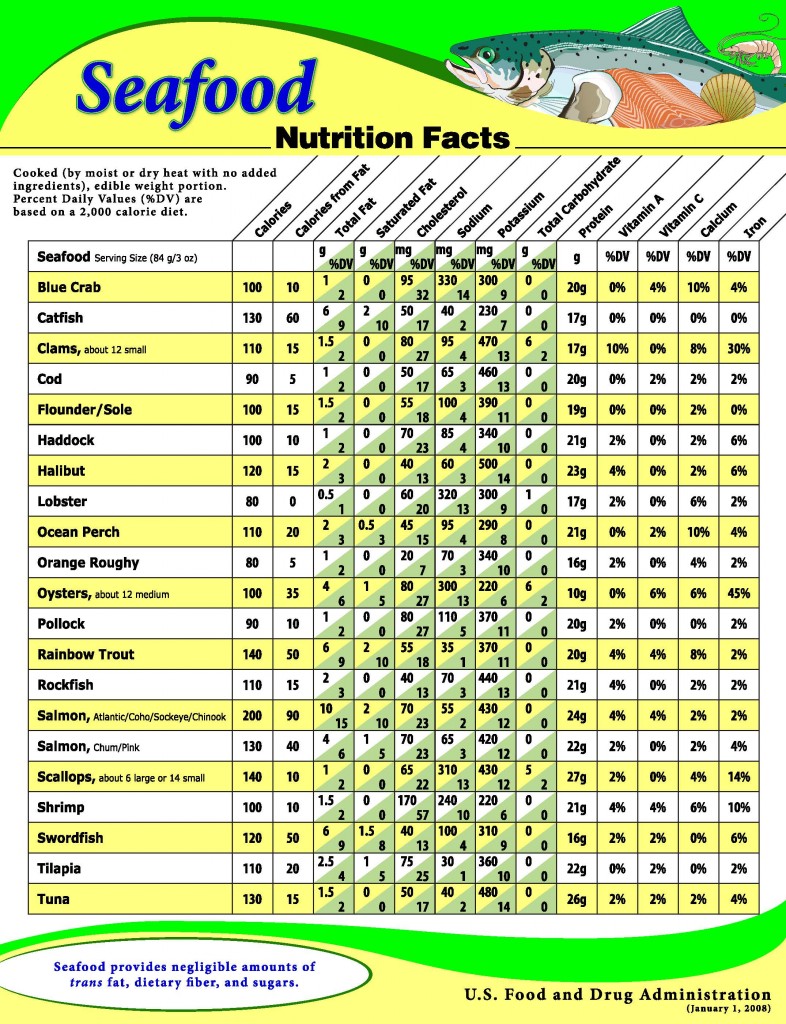by Lisa Mathews, R.D., L.D.N., c.P.T.,registered dietitian at Williamson Medical Center in and a certified fitness trainer.
Fish…that’s what should be for dinner. I don’t say that as a knock on beef, pork, or chicken. They’re all great sources of protein and each of them has their own benefits and flavors that appeal to us differently. But, if you ever have a choice between the above mentioned meats for a meal — fish is an excellent choice!
Here are 5 things to know about the amazing benefits of fish:
1. Fish contain heart healthy omega-3 fatty acids.
Almost every animal product we eat has saturated fat. This type of fat raises cholesterol levels in our blood and increases the risk of developing heart disease and stroke. Fish, on the other hand, have extremely low amounts of saturated fat. Instead, fish have omega-3 fatty acids. The omega-3 fatty acids are unsaturated fats that may decrease triglycerides levels in our blood, reduce our risk of heart disease and stroke, they may lower blood pressure, and aid in reducing inflammation. Humans can’t synthesize the omega-3 fatty acids EPA and DHA; therefore, we must get these important fats in our diets. Omega-3’s are found in marine life, making fish an excellent protein source when trying to increase your intake.
Fantastic fish factoid: Fatty fish that live in colder water have more omega-3 fatty acids, so that means load up on wild sockeye salmon, trout, and tuna!
2. How much is enough? You’ll be surprised…
One serving size of fish is 3.5 ounces. For a fish steak, this is the size of your palm or a deck of cards. For a thinner fish filet, the portion is similar in size to the length of a checkbook. The American Heart Association recommends eating two servings of fish per week. Generally, Americans are only getting half the recommended intake of fish. Why is this? Many people avoid eating fish because they either don’t know how to cook it or they feel it’s too costly. If that’s the case with you, I recommend ordering fish when you go out to eat. You can try it many different ways (except fried!) and on most menus it’s similar in price to other meats. 
3. Avoid fried fish and fried seafood.
Fried fish and fried seafood are popular staples on many menus; however, this is not the best option to choose. All those trans-fats and saturated oils used in frying negate the good fats and other natural health benefits of the fish. Look for words on the menu like roasted, grilled, baked, citrus, and lemon-garlic when making your fish selection.
4. Fresh vs. frozen
Patients often ask me what’s better-fresh or frozen? Unless it’s high quality fresh fish, you may be better off going with frozen. Fresh fish may have spent long periods of time in the ship’s hold, on ice, before being delivered. On the other hand, “frozen” fish is often flash frozen on the ship directly after being caught. This kills parasites and other bacteria. So, before you purchase fresh fish from the supermarket, ask someone behind the counter just how “fresh” the fish really is.
5. Wild-caught fish vs. farm-raised
When it comes to choosing between wild-caught and farm-raised fish, there are a number of factors that you have to weigh. First, wild-caught fish might have a higher omega-3 fatty acid content, but may have been swimming in polluted waters. Second, some farm-raised fish are fed a corn-based diet, which will reduce the amounts of omega-3 fatty acids. On the other hand, other farms might supply their fish with more algae or natural feed, exposing them to more omega-3 fatty acids than what they would get in their natural habitat. Finally, some farms don’t have sanitary living conditions for their fish and may be destroying the seabed and marine life.
I personally prefer wild-caught fish, but your preference might be different. If you like to buy your fish from a certain establishment, the best thing you can do is find out the name of the farm that supplies their fish or find out where their wild-caught fish were living. Do your research!
Read the entire story from Williamson Medical Center here.




















“fresh vs. frozen” or “farm raised vs wild caught” have absolutely nothing to do with the article’s title “why you should eat fish”. I doubt you will disagree.